On Veterans Day, we honor all the brave men and women who served our country, and we also look at a few celebrities who served our country.
1. Sheryl Underwood (Army)
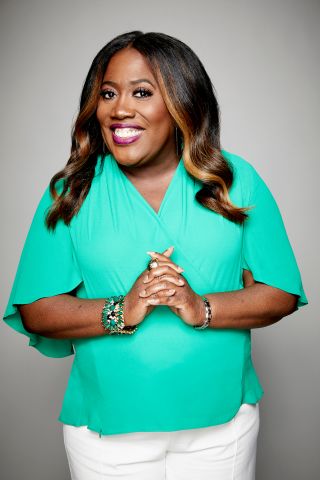
Co-Host of CBS’s The Talk and comedian Sheryl Underwood served in the U.S. Air Force after graduating from college. Following her success as a stand-up comic, she completed two USO tours in Kuwait and Afghanistan, entertaining the troops and even spoke at the ACM’s All-Star Salute to the Troops in April.
2. Morgan Freeman (Air Force)
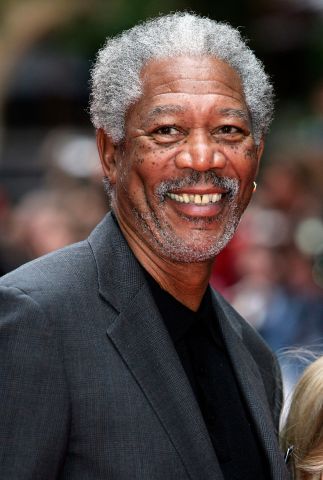
Morgan Freeman was so in love with his dream of flying that he turned down a scholarship to major in drama at Jackson State University so he could, instead, enlist in the U.S. Air Force in 1955. Turns out, it wasn’t all he hoped it would be. In 1959, Freeman left the Air Force and turned to acting.
3. Nate Dogg (Marines)
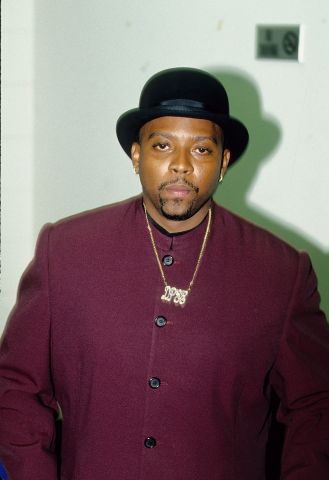
Before joining 213 alongside Snoop Dogg and Warren G, the late rapper Nate Dogg (born Nathaniel Hale) joined the U.S. Marines after graduating high school in 1987. He served as a munitions specialist at Camp Henoko in Okinawa, Japan for four years.
4. Robin Quivers (Air Force)
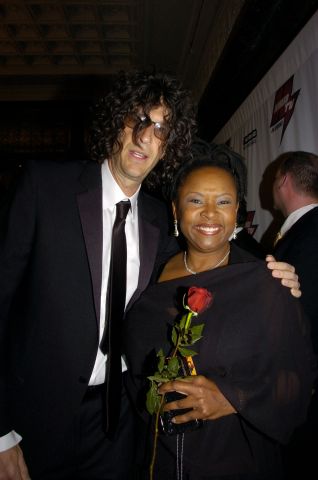
Prior to co-hosting the “The Howard Stern Show,” Robin Quivers served as a captain in the U.S. Air Force. After graduating from The University of Maryland, she joined the military as a second lieutenant. In 1978, she was discharged as a captain. After joining “The Howard Stern Show” in 1981, she continued serving as a reserve in the Air Force for nine years.
5. Sherman Hemsley (Air Force)
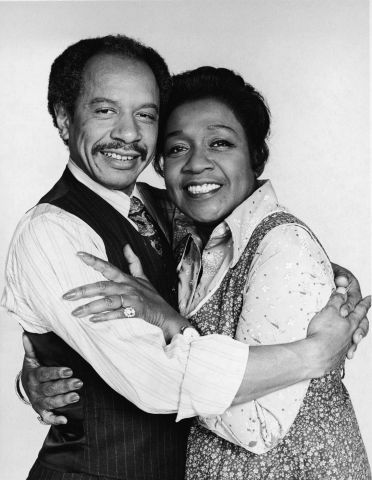
Sherman Hemsley enlisted in the U.S. Air Force after dropping out of high school in the 10th grade. He left the military after four years of service to pursue a career in the arts.
6. John Amos (Army National Guard)
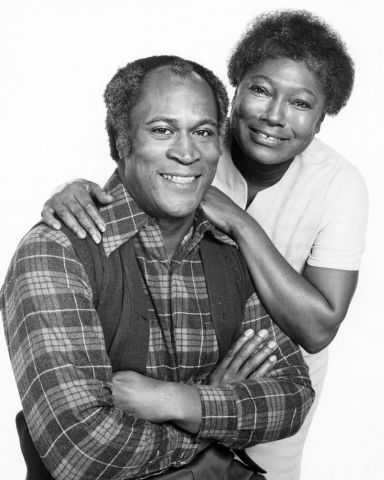
Before becoming the stern-face head of the house on Good Times, John Amos served in the U.S. Army National Guard under the Armored Division of the New Jersey National Guard.
7. Mr. T (Army)
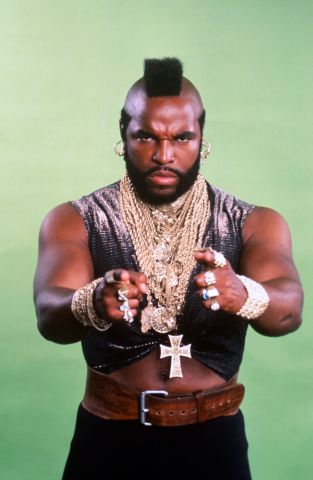
Mr. T (born as Laurence Tureaud) served in the U.S. Army’s Military Police Corps in the mid-70s.
Once discharged, he tried out for the NFL’s Green Bay Packers but didn’t make the team due to a knee injury. He ended up working as a bouncer at various Chicago nightclubs. During this time, he developed his “Mr. T” persona after he began collecting and wearing discarded jewelry he found at the clubs. Mr. T’s persona would eventually land him work outside of the nightlife and on the big screen.
8. Ice-T (Army)
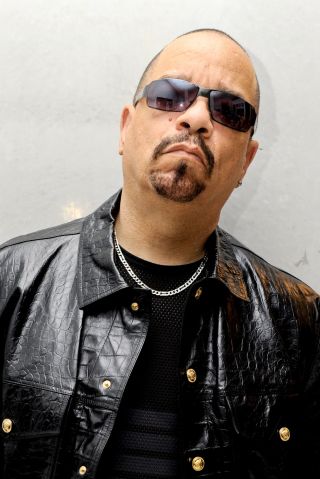
Ice-T (born Tracy Marrow) wanted to earn enough money to support his girlfriend and their child. So, he enlisted in the U.S. Army after graduating from high school in 1979. He spent four years in the 25th Infantry Division in Honolulu where he served as a squad leader before starting his rap career.
9. MC Hammer (Navy)
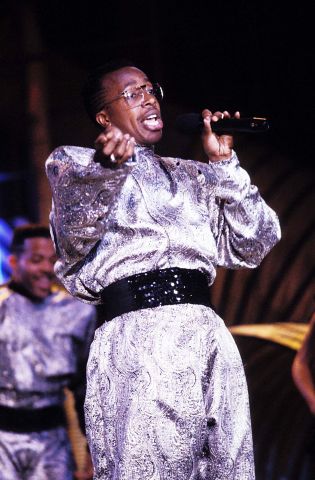
MC Hammer (born Stanley Kirk Burrell) enlisted in the U.S. Navy in the early 1980s. He served in the U.S. Navy for three years as a petty officer third-class aviation storekeeper before trading in his uniform for his iconic parachute pants.
10. Shaggy (Marines)
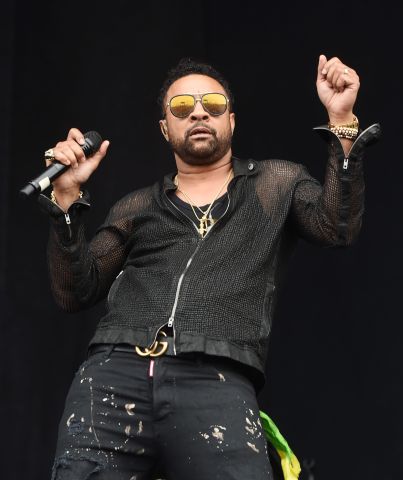
In 1988, Shaggy (born Orville Richard Burrell) joined the U.S. Marines after reportedly wanting to leave his job at Baskin Robbins. During his service, he earned the rank of lance corporal and served in the Persian Gulf War.
While on active duty, he recorded his track, “Oh Carolina,” which landed him a multi-million dollar contract with Virgin Records after he left the military.
11. Marvin Gaye (Air Force)
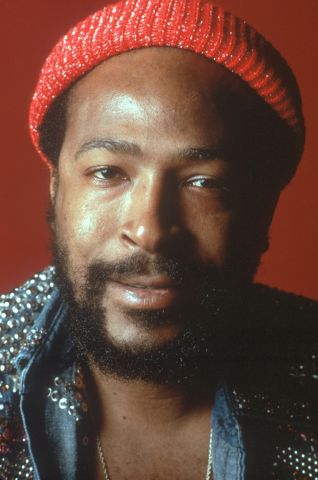
After a difficult childhood and a tough relationship with his father, Gaye left home at 17 to join the U.S. Air Force in 1956. Gaye quickly learned he didn’t like the military lifestyle and according to his biography, he faked mental illness and was discharged shortly afterward.
12. Harry Belafonte (Navy)
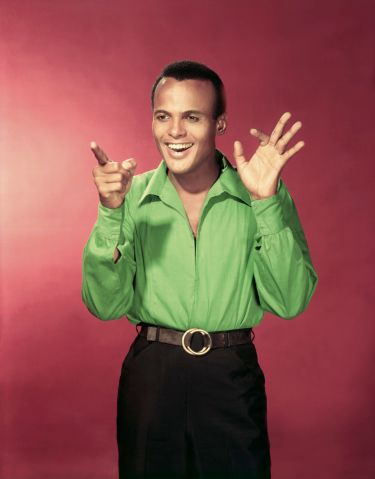
The singer and activist served in the U.S. Navy during World War II.
13. Jimi Hendrix (Army)
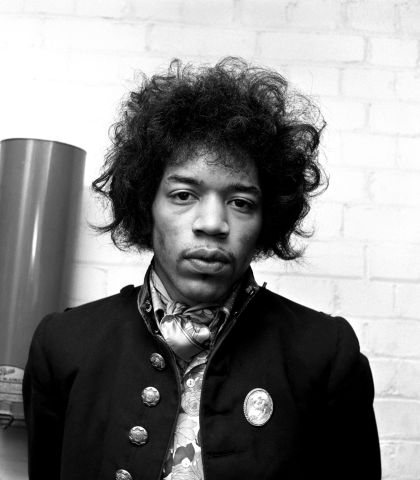
James, better known as Jimi, Hendrix, enlisted in the U.S. Army for a brief stint. Upon leaving the military, he transitioned to a music career , becoming one of the most renowned guitarist of all time. Unfortunately his music career was short-lived, much like his military career, due to his untimely death. However, he was inducted in the Rock and Roll Hall of Fame, which describes him as “the greatest instrumentalist in the history of rock music.”
14. Sinbad (Air Force)
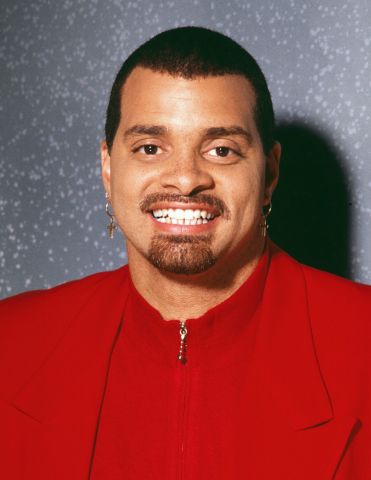
Before becoming a successful comedian and actor, Sinbad served in the U.S. Air Force as a boom operator aboard KC-135 Stratotankers.
15. James Earl Jones (Army)
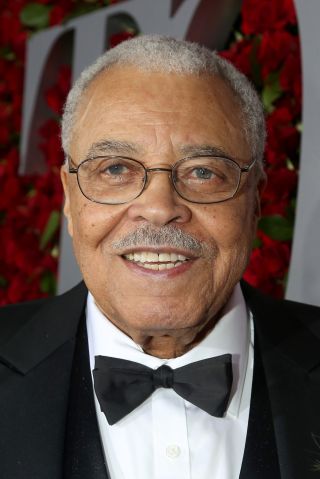
James Earl Jones enrolled in ROTC at the University of Michigan before joining the U.S. Army during the Korean War. He became a second lieutenant before being honorably discharged.
16. Montel Williams (Navy)
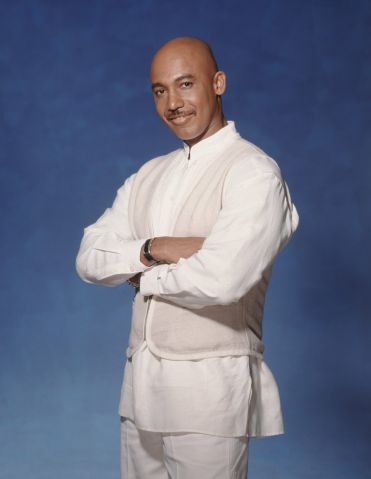
Before Montel was one of the most-watched shows in daytime talk history, he was a Marine and an Intel Officer in the U.S. Navy.
He joined the Marine Corps right out of high school. After his command noticed his natural leadership skills, he was recommended for the Naval Academy Preparatory school at Newport, Rhode Island.
After his Navy career, he became a motivational speaker and that launched him into daytime TV fame during the late eighties and nineties.
17. Berry Gordy (Army)
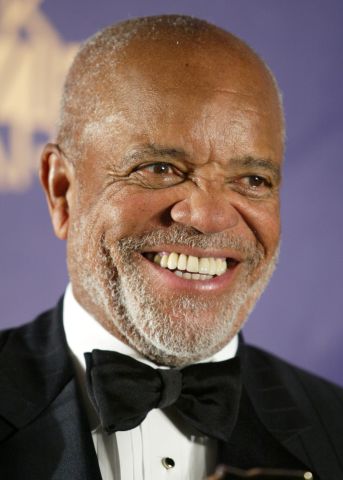
Berry Gordy dropped out of school to pursue a career as a boxer. But his boxing career was cut short when he was drafted to serve in the U.S. Army during the Korean War.
When Gordy’s service in the Army ended in 1953, Gordy worked on an assembly line at the Ford Motor Company and as he worked, he wrote songs in his head. Some were recorded by local singers. At the suggestion of a friend, teenage singer William “Smokey” Robinson, Gordy borrowed seven hundred dollars from his father and formed his own company — legendary Motown Records.
18. Harriet Tubman (Union Army)
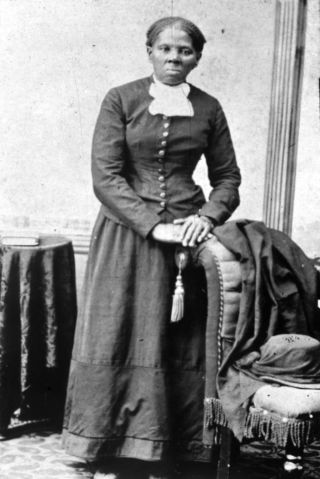
Harriet Tubman not only led slaves to freedom but she was a military leader and Union spy during the Civil War, according to National Geographic.
In 1863 along with Colonel James Montgomery, Tubman led a group of soldiers to free slaves from plantations along the Combahee River in South Carolina. She was noted as the only woman in U.S. history to lead such a raid. During her military service, she also worked as a spy and recruiter for the Union Army. In 1899, Tubman received compensation for her service with the military.